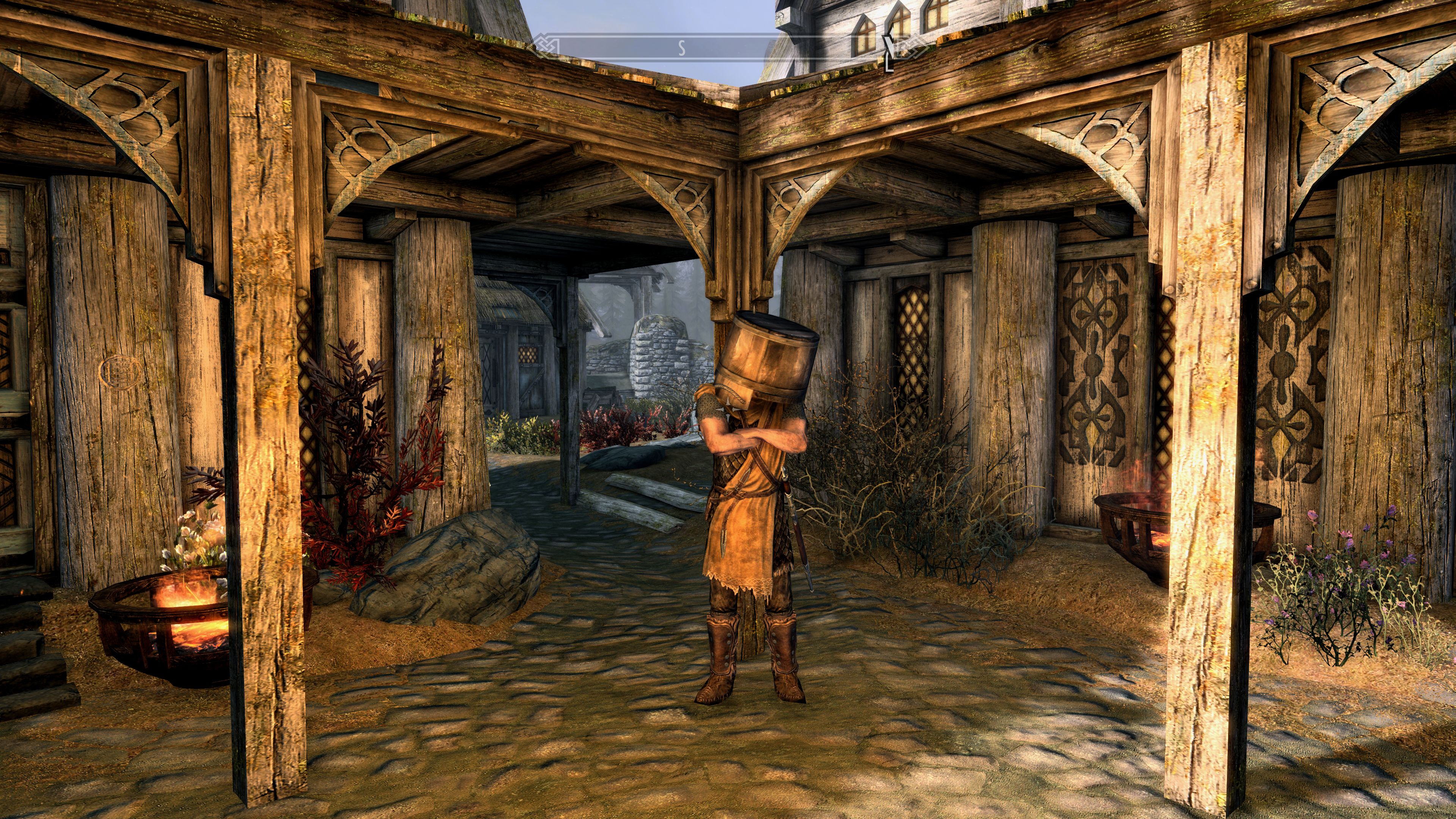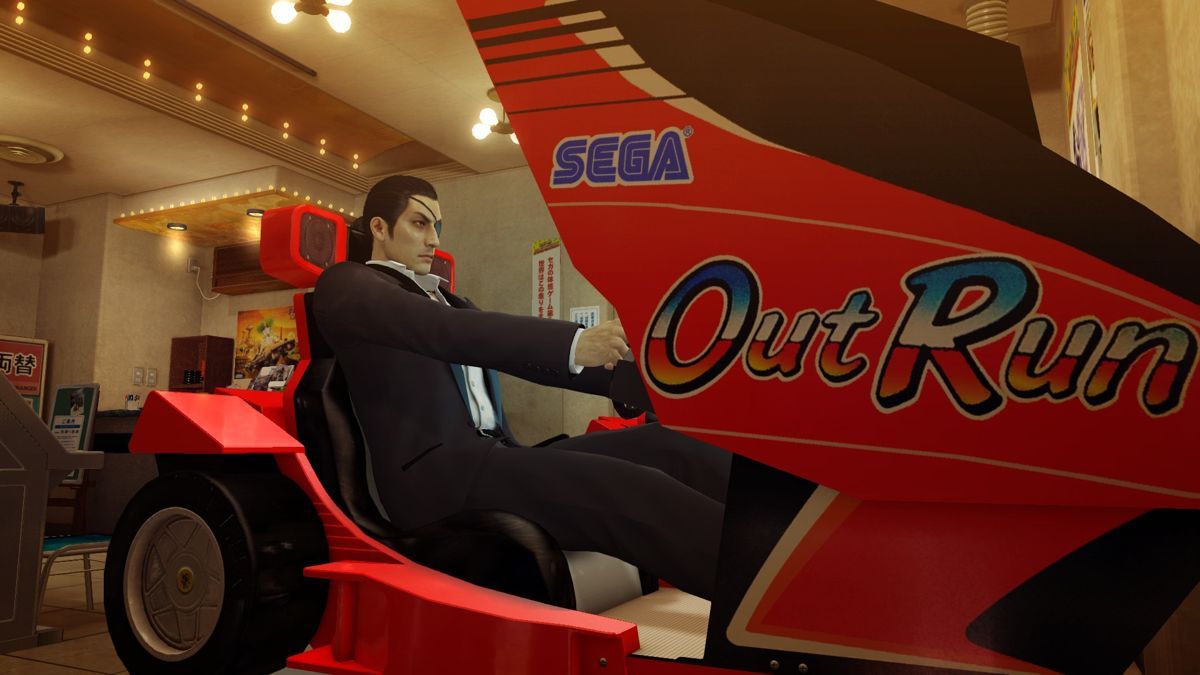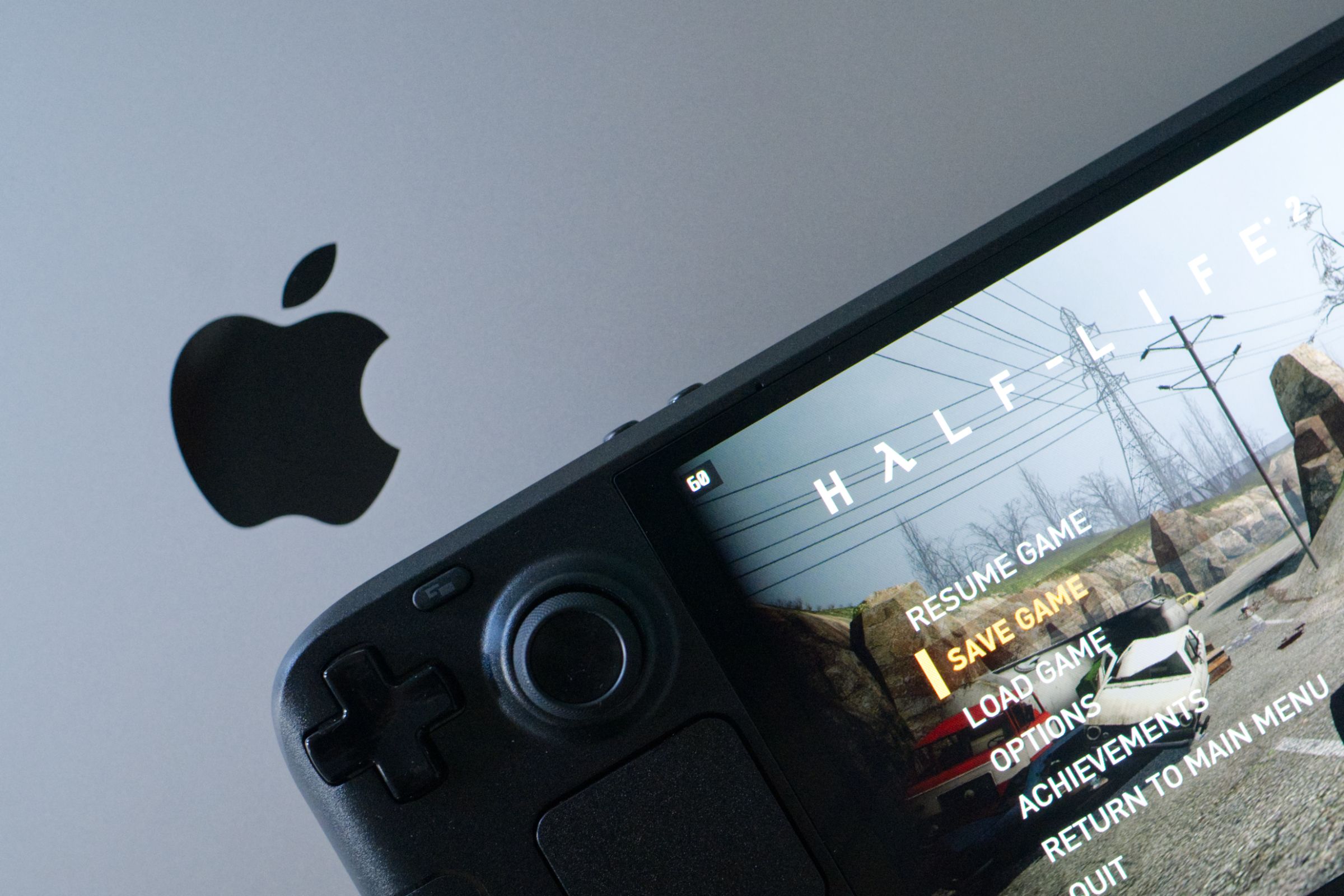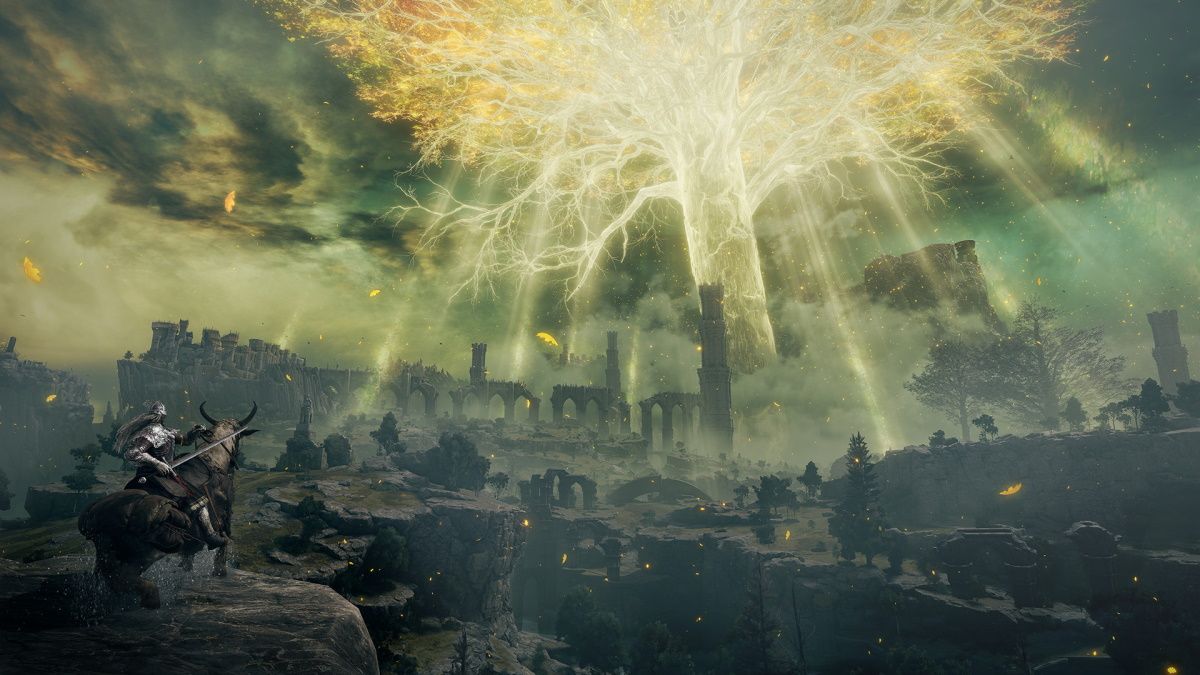With games seemingly bigger than ever, it’s easy to get bogged down and feel burned out before you’ve rolled credits. We may be creatures of habit, but a bit of variety doesn’t go amiss either.
Playing games should be fun, first and foremost. Here are some tips that I use to make sure games feel like a pastime, and not a job.
1
Focus On the Fun Stuff
Much of the time, it’s not necessarily the main quest line that makes a game feel big but all the extra stuff. I’m a sucker for side missions. In many cases, they’re worth seeing through as they can be better than the main storyline (Bethesda, I’m looking at you), and they help build lore and color the world.
But they can just as easily make the game feel intimidatingly big. It can feel like you have an endless list of quests to complete, and in some cases you really do. Games like Skyrim made a feature of this, with quest givers who could spawn simple quests involving clearing bandits out of caves forever.
There are many other distractions in the world that can lengthen a playthrough. Finding all the korok seeds in Breath of the Wild and Tears of the Kingdom will take you literally hundreds of hours alone. Ghost of Tsushima has foxes to follow and haikus to write.
While some of these tasks reward you with upgrade points or experience, many do not. Pointless collectibles that lead only to an achievement once you’ve seen them all exist mostly as numbers in a pause menu. They’re there for the achievement hunters and completionists, but if you’re reading this then that’s probably not you.
Stop feeling like you need to complete everything a game has to offer, especially if your interest is already dulled. If you can see your attention already waning before you’ve cleared out the side quest menu, you’re probably better off getting on with the main storyline before you lose momentum entirely.
Games like Yakuza (Like a Dragon) fill the world with fun mini-games or management sims, but they’re all optional. Pick and choose your battles, try a bit of everything, but remember that a game’s value does not come from the hour count that you rack up.
2
Subtitles and Dialog Skip Are Your Friends
Professional voice acting is great, but you might not need to hear every single line spoken aloud. This is especially true of side content in open-world RPGs. The good news is that most dialog-heavy games will allow you to switch on the subtitles and skip through the dialog.
Since you can skim-read lines faster than it takes for an actor to deliver them effectively, this can greatly cut down on the time it takes to get through wordy sections. Sure, it’ll eat into your immersion a bit, but you can use it selectively to soak in the dialog where it matters.
Very few games support this for cutscenes.
3
Learn to Love Fast Travel
I know, fast travel can feel like a bit of a cheat. Many players lament that there’s nothing more immersion-breaking than going from map to load screen to destination, and I get it. But I’m also a pragmatist. In the interest of saving time and remaining engaged, fast travel can be a lifesaver.
If you’ve got the patience to move across the map in real-time, and you can plan your activities along the way accordingly, then more power to you. In the right game, I’ll also take this route. I don’t remember fast traveling once in Red Dead Redemption 2, and I try to avoid it in Fallout and other atmospheric RPGs.
4
It’s OK to Take a Break
Distance makes the heart grow fonder, or so they say. It’s ok to feel burned out by a game and take a break from it. While this might sound counterintuitive, there are tricks you can use to get back into a game when you finally decide to play it again. Just be aware that by stopping, you drastically increase your chances of not going back to it (which isn’t always a bad thing).
I did this for Yakuza: Zero, which I bought on launch day. It’s admittedly a great game, but I became distracted by something else and put the game down for a whole two years. These games have a lot going on, so it was imperative that I could grasp the story threads if I was to have any hope of finishing it.
So I booted the game up and took a quick look at the quest log. I didn’t pay too much attention to side-quests, since these are mostly self-contained episodes anyway. Armed with a bit of information about what I was last doing (and which character I was currently playing) I searched for a detailed plot synopsis of the game.
I then took ten minutes to read through the plot, reminding myself of the story beats, stopping once I’d caught up. From here, I took some time to beat up a few trash mobs and get my bearings with the game’s controls. Within a few weeks, I’d finished the game.
5
Pick Your Platform Carefully
This probably won’t help you if you’re already in the midst of a hundred-hour epic, but it’s worth keeping in mind in the future. Where and how you decide to play your games can greatly impact how easy they are to pick up and chip away at. This is particularly true of PC games, which often require you to sit at a desk rather than curled up on a sofa.
Even if a game is cheaper on PC, you might not want to sit at a desk all night every night (especially if you sit at a desk all day long). Choosing to play on a console instead might be a good idea, even if you end up paying more. Choosing a portable system can be even better.
If you’re a PC player, something like the Steam Deck or ROG Ally can allow you to not only pick your platform depending on your mood but you can even stream these games over Wi-Fi to take advantage of your more powerful gaming PC. The Switch (and its successor) is also a valid, cost-effective portable option with its own library of excellent games you might have missed.
This is majorly game-dependent, of course. You won’t want to play Counter-Strike 2 on your Steam Deck, but if you’re going to be throwing 100 hours at Persona 5 then the Switch might be the better choice. Some games are better suited to handheld play, after all.
6
Save the DLC for Later
Depending on what you’re playing, downloadable content (DLC) might be best avoided until you’ve finished the game. You just don’t know how you’ll be feeling after spending 50 hours doing the same thing.
This is especially true for additional content that’s clearly separate from the main game. A good example here is Elden Ring’s Shadow of the Erdtree DLC. Access requires that you defeat three bosses, including late-stage boss Mohg, Lord of Blood. Elden Ring is the most accessible of all the Soulsborne titles, but it can still feel like a slog. Adding another 25-ish hours to a hundred-hour-plus game isn’t something to be taken lightly.
Other add-ons like Prey‘s Mooncrash and Starfield’s Shattered Space are perfect end-game content. Of course, this isn’t necessarily true of all games—some of which integrate the downloadable content into the open world. Two examples that spring to mind are Control and the various Fallout games.
While it’s recommended that you have certain levels and skills for the best outcome, these add-ons appear in your quest log and can be started at pretty much any stage. Control is particularly good at not telling you that the quest you’re currently tackling is DLC, and the sheer amount of extra content that Remedy added to the Ultimate edition of that game almost derailed my first playthrough.
7
Know When to Call It Quits
The time you spend playing games is meant to be leisure time. You should spend it playing games that you want to play, not games that you feel obliged to see through to the end. Only a fool forces themselves to keep going long after feeling burned out on a game, I’d know (I’ve done it).
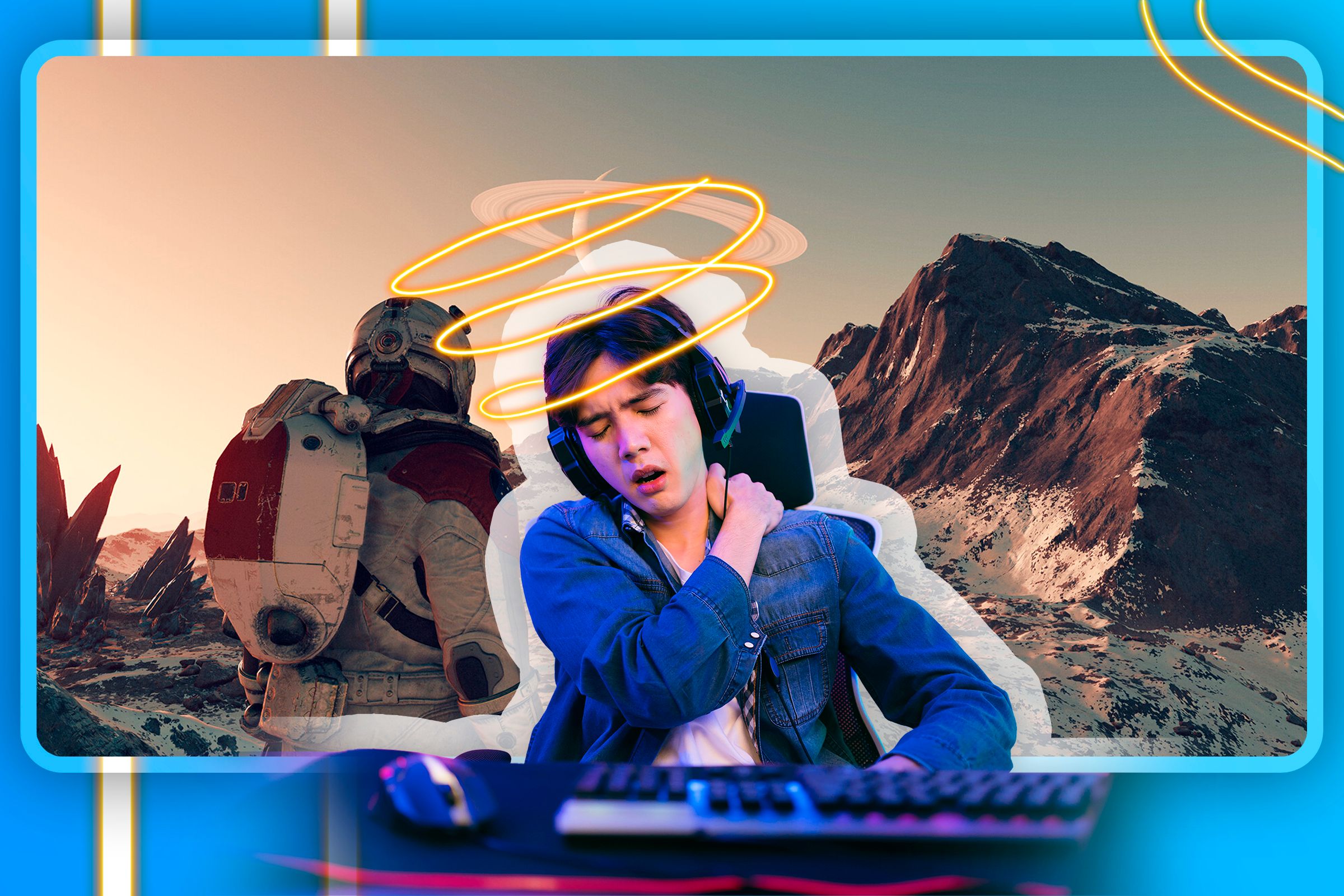
Related
Much of the time, this comes down to sunken cost and the idea of extracting value from a purchase. But would you keep eating a meal to the point of being ill after you were already full? A game is done when you decide it’s done, when you’ve had your fill, and you want to move on.
We don’t look at movies, TV shows, or books through the lens of a dollars-per-hour value proposition. You wouldn’t pay less for a movie that only lasted 90 minutes compared to a three-hour epic, nor would you feel slighted by a movie that doesn’t outstay its welcome.
Rolling credits is nice, but don’t become obsessed with finishing everything you start to the point that you rob yourself of enjoyable experiences in other games. The same is true of different game modes. You don’t need to play the Call of Duty campaign if the only reason you rocked up was to try out the multiplayer (and vice versa).
Give yourself a window to evaluate whether it’s time to throw in the towel or not. Right now, for me, it’s Rebellion’s Atomfall. While I’m having fun exploring the world and uncovering the mystery, the game is deeply flawed in a few ways that I’m not sure I can overlook. I’m six hours in, so I’m going to give it another hour to see if the frustrations outweigh my desire to play.
Another way to stave off burnout is to play shorter “palate cleaners” in between big adventures. There are games you can finish in a weekend (and even games you can finish in an evening) that are perfect for this. They give you the satisfaction of rolling credits without sinking weeks or months into a campaign.
Conversely, there are games that you can play forever that are always there to dip in and out of whenever you want them. If you’re already feeling the effects of burnout, why not try out some of the more relaxing games instead?



